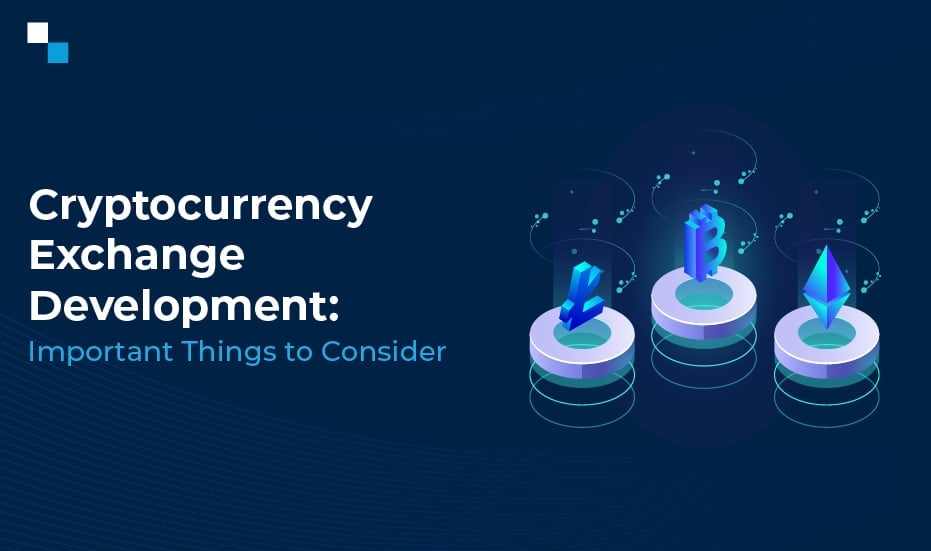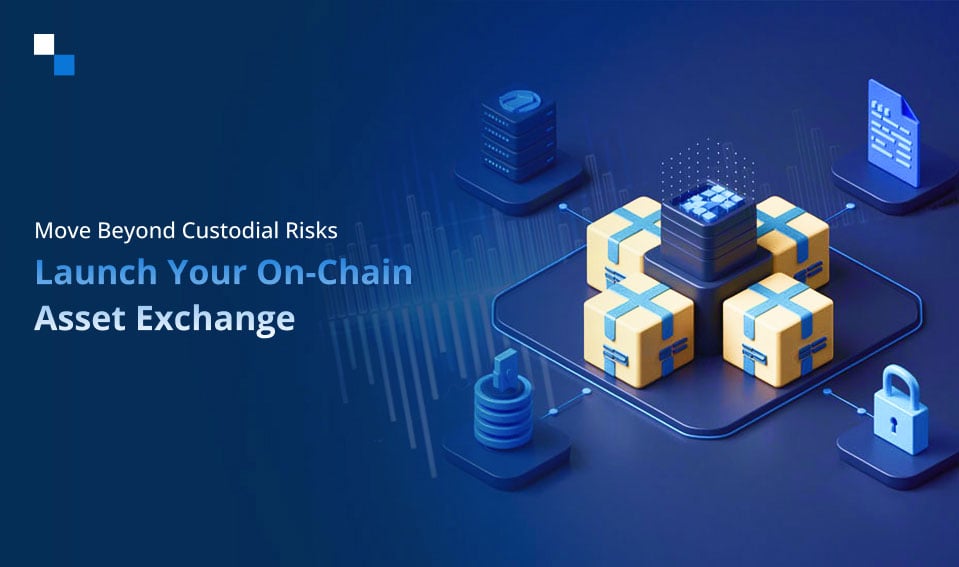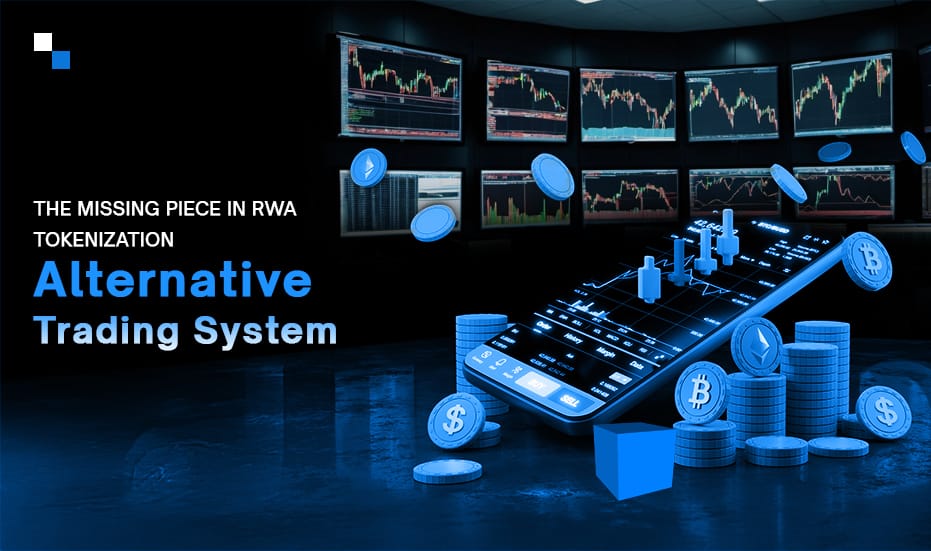
How is Blockchain Redefining the P2P Lending Paradigm
August 24, 2020Top 6 Issues in the Procurement Process and How Blockchain can Resolve Them
August 26, 2020Eager to launch a crypto exchange of your own and then take it to the very top? Well, who doesn’t? When every mobile manufacturer wants to become Apple and every automobile manufacturer desires to transform into Toyota, why won’t a crypto enthusiast desire to metamorphose into Changpeng Zhao, the founder of Binance, or Brian Armstrong, the architect of Coinbase.
Sure, you can do that!
If they can, why can’t you?
But you need to take the right start to achieve such a loft goal.
You have to dash off like a bullet if you are keen on winning that race.
For that, you need a robust strategy and funds to meet the cost.
If you want to build an exchange from scratch, you will need to have sufficient funds. However, if you choose to build a white label digital asset exchange, it will require less development cost and time.
When you opt to start a capital-intensive business like a crypto exchange, you need to arrange adequate funds even before you start.
A top-of-the-line crypto exchange is likely to have features like powerful trading engine, safety of crypto assets, high liquidity, multiple-language support for users, and support to multiple currencies. If you are unsure about the term high liquidity, it refers to the ease with which an asset can be exchanged for cash without affecting the price of the underlying asset.
Offering these features to users and making them feel comfortable helped the leading exchanges become popular and successful. If you want to come up with a good exchange – be it a white label digital asset exchange or a custom exchange that the traders want to use – you will need to roll out these features as well.
So let us now move on to comprehending the essential components of a crypto exchange and the appropriate development cost.
- User interface and roles
Having an intuitive interface is important for any web portal, let alone a crypto exchange. You need to ensure traders are easily able to navigate within the platform and perform trading activities as desired. The dashboard has to be equipped with all the tools they may need to operate their account.
- User roles
As a crypto exchange operator, you will require a separate dashboard to manage the exchange. It includes the entire business application, customer management, etc. At the same time, you will need to allow some functionality to traders to perform their trading activities. Traders will require access to functions like signup, login, deposit, withdrawal, and more.
- Security settings
Given that crypto exchanges store a large amount of users’ funds, they are more susceptible to hacking. Your exchange should be fortified with multi-layer security, which can be achieved with features like registry lock, domain name system security extension (DNSSEC), anti-DDoS modules, web protocol security, secure wallet integration, and more. Web protocol security requires headers like HTTP strict transport security (HSTS), X-frame-options, content security policy, and X-XXX-protection can also be leveraged.
- Sign in/sign up
On the one hand, you need to strengthen your sign in/sign up mechanism and on the other, you have to facilitate easy login and log out. Your system should prevent any unauthorized logins and hack attacks. For additional security, you need to back-up the general login/password combination with two-factor authentication (2FA).
- Wallet Integration
Most traders choose to store their funds in the internal wallet of the exchange. They will also want to withdraw funds to the wallets that are external to the platform. However, the AML validation process sets up limits to the platform.
- Support for multiple coins
Popular crypto exchanges allow trading on all major cryptocurrencies and several minor ones. For instance, coins supported by Coinbase include USDC, XLM, XRP, XTZ, ALGO, ATOM, BAND, BAT, among others. Sure, as a new exchange platform, you will not be able to support so many coins, but at the least, ensure support for major digital coins like BTC/ETH, BTC/LTC, USDT/BTC, and ETH/LTC.
- KYC verification
In almost all jurisdictions, the law requires you to verify all the users before allowing them to trade. The verification ensures authenticated access to users’ accounts.
- AML validation
Law enforcement agencies fear that anonymous cryptocurrencies may be used for money laundering. Therefore, in most jurisdictions, AML validation has been made mandatory for crypto exchanges to prevent the possibility of a scam.
- API integration
API or Application Programming Interface is basically a set of rules determining the protocol of two applications interacting with each other. Several APIs work in tandem in a crypto exchange. For instance, when you want to connect to an exchange platform via a mobile phone, an API makes it possible. Another API will provide you access to real-time market data. No work will be possible sans APIs in a crypto exchange.
- Robust architecture
A complex service such as a crypto exchange requires a robust architecture. You need to figure out a secure way of storing and exchanging the crypto coins. Various components of an exchange are likely to be hosted at different servers interacting through APIs.
The making of the exchange
The process of exchange development has several phases – requirement analysis, wireframing & prototyping, UX design & UI integration, web application development, implementing custom requirements, and QA testing. Developing a white label crypto exchange will generally take less time than developing a custom exchange from scratch.
As for the cost to build a cryptocurrency exchange, it depends on the features that you want to integrate into your exchange. There may be sharp variations between the quotes of various exchanges, depending upon the customization required, which itself is hinged to local regulations and unique business requirements. Furthermore, the cost to develop a white label exchange is relatively less than building an exchange from scratch.
Antier Solutions is at the forefront of blockchain development, providing solutions like white crypto exchange development and building a custom exchange from the ground up.
Schedule a free demo of our white label digital asset exchange or connect with our subject matter experts to share your business requirements.



